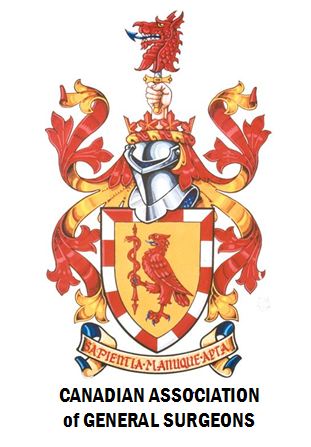Planning to go home after your surgery – Start early!
It is important to plan ahead for when you leave the hospital (also known as being “discharged”), even before your surgery day. Planning early for your return home will help you feel less worried and anxious.
You may be told the morning of the day you may be discharged home. Whenever possible, you will be advised you are going home before the actual date, but sometimes the hospital may not know until the same day. If you have any questions, talk to a member of your healthcare team.
Here’s what you can do before going to the hospital for your surgery:
Arrange for someone to take you home from the hospital.
- Arrange for someone to help you at home after your surgery. Depending on your surgery, you may need help for a few days or a few weeks. You will need help with things like laundry, cleaning, cooking and grocery shopping.
- Ask someone to help you look after the people or pets in your care. Try to plan this before coming to the hospital for surgery.
- Make your meals ahead of time.

Ask your Surgeon:
- When can I drive again?
- When can I return to work?
- When can I return to my usual activities like cleaning, exercising or doing laundry?
How can I help the health care team plan for my return home?
Talk to your health care team (Surgeon, Nurse or Social Worker) about your needs and worries. They will try to help with any concerns you have about going home.
How can my family be involved in my care?
Your family can:
- Share information with your health care team that will help meet your needs. In many hospitals, some nursing teams give reports to each other at the patient’s bedside.
- Help you and your health care team make decisions about your care.
- Come with you when you have tests or clinic appointments in the hospital.
- Help with your care at the hospital and at home.
- Bring you food from home, (but please check with a Nurse or Dietitian first). You may have special needs after surgery.
- Help keep you safe by washing their hands before entering and leaving the hospital, and when entering and leaving a patient room. Hand sanitizers are found in all areas of the hospital.
Patient safety:
Protecting yourself, your family and friends from spreading infections when at hospital
It is important to make sure that you and your visitors feel well before coming to the hospital. If you or your visitors are sick, you may make other patients or health care workers in the hospital sick.
Self-screening
Before coming to the hospital, check for any of these symptoms in the past 24 hours:
- A new cough or a cough that is getting worse
- A fever (above 38°C or 100°F), or chills, or both
- Diarrhea
- Shortness of breath (worse than usual)
- Severe headache (worse than usual) Muscle aches
- Extreme fatigue or feeling very tired Vomiting (throwing up)
If you have any of these symptoms and you are having surgery soon, call your Surgeon’s office right away. Your Surgeon will give you more instructions.
If your visitors have any of these symptoms, ask them not to come to the hospital to visit you. Your visitors can come to see you when they feel better.
Important things to remember
- Call your Surgeon right away if you feel sick before coming for your surgery.
- Know that your family, friends or caregiver can be with you and help in your care while you are in hospital
- Ask for a list of hotels where your family or friends can stay while you are in hospital. Many hotels offer a discount for friends or relatives of patients
- Check with the nursing unit staff about the visiting policy on the unit.
- Plan early for your return home.
- Someone must take you home after your surgery.
- Arrange for someone to help you once you return home.

